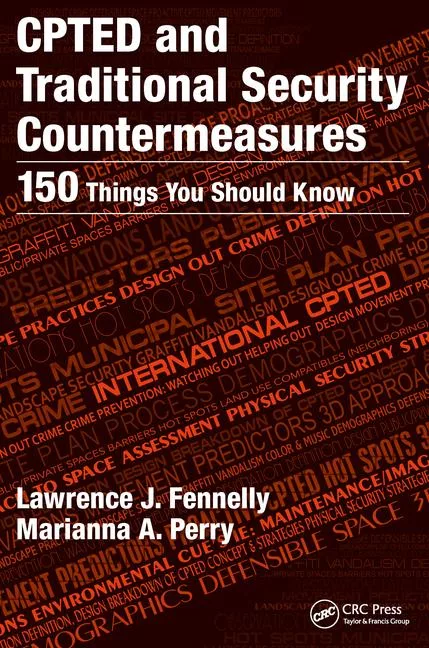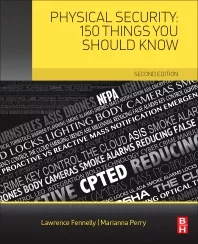Do you Have a Great Resume?


Recruitment methodology is continually changing. Does this mean you no longer need a resume?
Many of you have looked for jobs using a social networking site or have been contacted by a recruiter who has found you on one. Initial stages of some recruitments have changed, but does placement of your background and experience on these sites substitute for a resume?
The security community remains cautious about sharing personal data online and privacy laws surrounding how your personal data is handled and processed continue to evolve. Some talent sourcing protocol changed last year after the GDPR privacy regulation came into effect in the UK and TAtech, an association for talent acquisition solutions, recently conducted a poll in which 83.3 percent of respondents felt the U.S. will soon implement some version of Europe’s GDPR laws with similar results.
Organizations no longer want to collect and retain large amounts of personal data for people they may not seriously consider for employment. Going forward this means while corporate talent acquisition teams may find and connect with you online, they may never ask you to register in their organization’s system or submit a resume.
However, should you get to the shortlist phase of a recruitment project, companies will likely want you to submit your most recent resume as well as register with their system.
You want to have a great current resume available. Are you ready?
Here are some tips to ensure your resume gets the right kind of attention when a company is seriously considering hiring you:
- Consistency: Ensure your career history is consistent across all possible sources. Your resume, LinkedIn or other business networking profile and any data you input into a company’s system should match. Differences from one location to another may mean you will get passed over.
- Visual Appeal: Create an accurate straightforward resume that is approachable both in layout and in language. You may have great credentials, but if your resume layout is congested it may not get read beyond the initial paragraph. White space is your friend.
- Great Writing: If creating a killer resume isn’t in your wheelhouse, hire someone to do it for you. While a good writer can write about anything, try to find someone who understands the security profession. Use someone who will make your career history a relevant and interesting read.
- Flexibility: Adapt your resume to the position you are interested in. One size does not fill all. Highlight skills and competencies that are relevant to the job at hand. You will succeed by focusing on why you are the most qualified selection for that particular job.
- Relevance: Address your education and certification credentials but do not include absolutely every training class or activity you have participated in. The specialized training you just completed that is relevant to the job you are applying for can stay. The basket weaving class you took 20 years ago can go.
- Individuality: Remember that people are interested in more than just the facts. Personalize your resume with information such as your volunteer work to convey an accurate impression of yourself as the well-rounded, interesting individual you are.
Creating a notable resume is not for the faint of heart. It is an introspective process and you can sometimes be too close to the subject to be objective. However, done well it can yield outstanding results - possibly your dream job.
So, the answer to the question is yes, you do still need a resume. Invest the time, effort and accuracy to make it a great one!
Looking for a reprint of this article?
From high-res PDFs to custom plaques, order your copy today!








